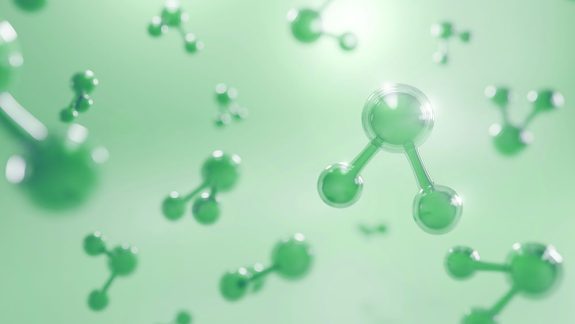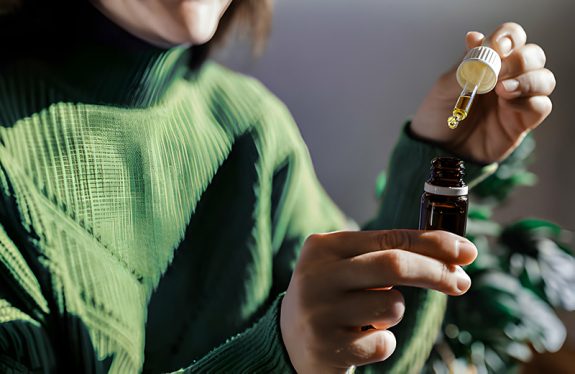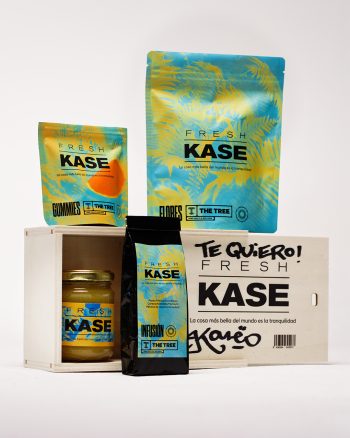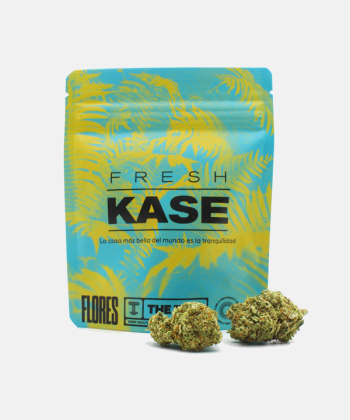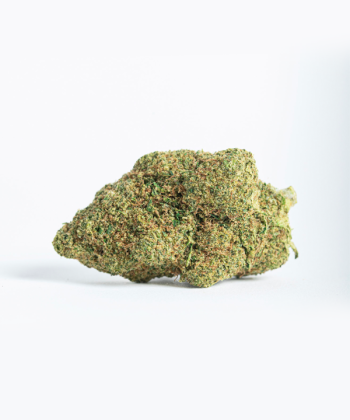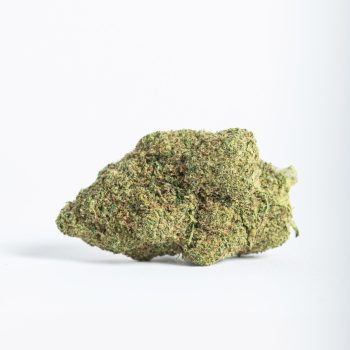The answer to this question is far from simple, as there are many factors that can influence how long CBD stays in the body, including the method of consumption, the dosage administered, the consumption frequency, and the metabolic characteristics of each individual.
As you probably already know, CBD, or cannabidiol, is a naturally occurring compound found in the cannabis plant. It has become incredibly popular in recent years, given its many properties.
However, one of the issues that can raise questions among CBD users is how long it stays in the body and what factors contribute to its elimination. As we mentioned at the beginning of the article, this depends on a number of factors, so the answer is quite complex.
In this article, we’ll explore everything you need to know about how CBD lasts in the body, from how it’s processed in the body to how it’s eliminated.
How is CBD processed in the body?

Cannabinoid receptors are found throughout the body, but are mainly present in the brain and central nervous system, the immune system, and organs associated with digestion and metabolism.
As for the elimination of CBD in the body, this compound is mainly metabolised in the liver¹ through a process known as oxidation. Most CBD is excreted from the body in the form of metabolites in the urine and faeces.
The speed and efficiency with which CBD is metabolised can vary from person to person and can be affected by factors such as age, gender, weight, liver function, and the dosage of CBD consumed. In the next section, we’ll talk more about how long CBD lasts in the body and the factors that can influence this process.
How long CBD lasts in the body and the factors that influence this
CBD is generally considered to have a half-life of about 1-2 days in the body. This means that after this time, the amount of CBD in the body is reduced to half the original dosage².
However, this doesn’t necessarily mean that the CBD has been completely eliminated from the body after 1-2 days. Depending on the amount of CBD consumed and the speed of a person’s metabolism, traces of CBD can remain in the body for several days or even weeks after consumption.
According to a study published in 1991, which measured blood levels of CBD in 14 patients with Huntington’s disease who were given the cannabinoid orally, “CBD levels averaged 1.5 ng/ml one week after CBD was discontinued, and were virtually undetectable thereafter”³.
Furthermore, in a systematic review of 792 studies in which CBD had been used, 24 were identified that contained information on how long this cannabinoid lasts in the human body.
From these studies it was concluded that the half-life of cannabidiol is between 1.4 and 10.9 hours after oral spray administration, 2-5 days after chronic oral administration, 24 hours after intravenous administration, and 31 hours after smoking⁴.
In short, it’s difficult to say how long CBD stays in the body, as this varies from individual to individual. However, if consumed in moderation and responsibly, this compound would stay in the body for a maximum of seven days, and may remain for slightly longer in regular users.
Lastly, at The Tree CBD, we’d like to remind you that none of the forms of CBD administration in the aforementioned studies are legal in Europe, except when prescribed by a doctor.
References
- Jiang, R., Yamaori, S., Takeda, S., Yamamoto, I., & Watanabe, K. (2011). Identification of cytochrome P450 enzymes responsible for metabolism of cannabidiol by human liver microsomes. Life sciences, 89(5-6), 165-170.
- Ohlsson, A., Lindgren, J. E., Andersson, S., Agurell, S., Gillespie, H., & Hollister, L. E. (1986). Single‐dose kinetics of deuterium‐labelled cannabidiol in man after smoking and intravenous administration. Biomedical & environmental mass spectrometry, 13(2), 77-83.
- Consroe, P., Kennedy, K., & Schram, K. (1991). Assay of plasma cannabidiol by capillary gas chromatography/ion trap mass spectroscopy following high-dose repeated daily oral administration in humans. Pharmacology Biochemistry and Behavior, 40(3), 517-522.
- Millar, S. A., Stone, N. L., Yates, A. S., & O’Sullivan, S. E. (2018). A systematic review on the pharmacokinetics of cannabidiol in humans. Frontiers in pharmacology, 9, 1365.

